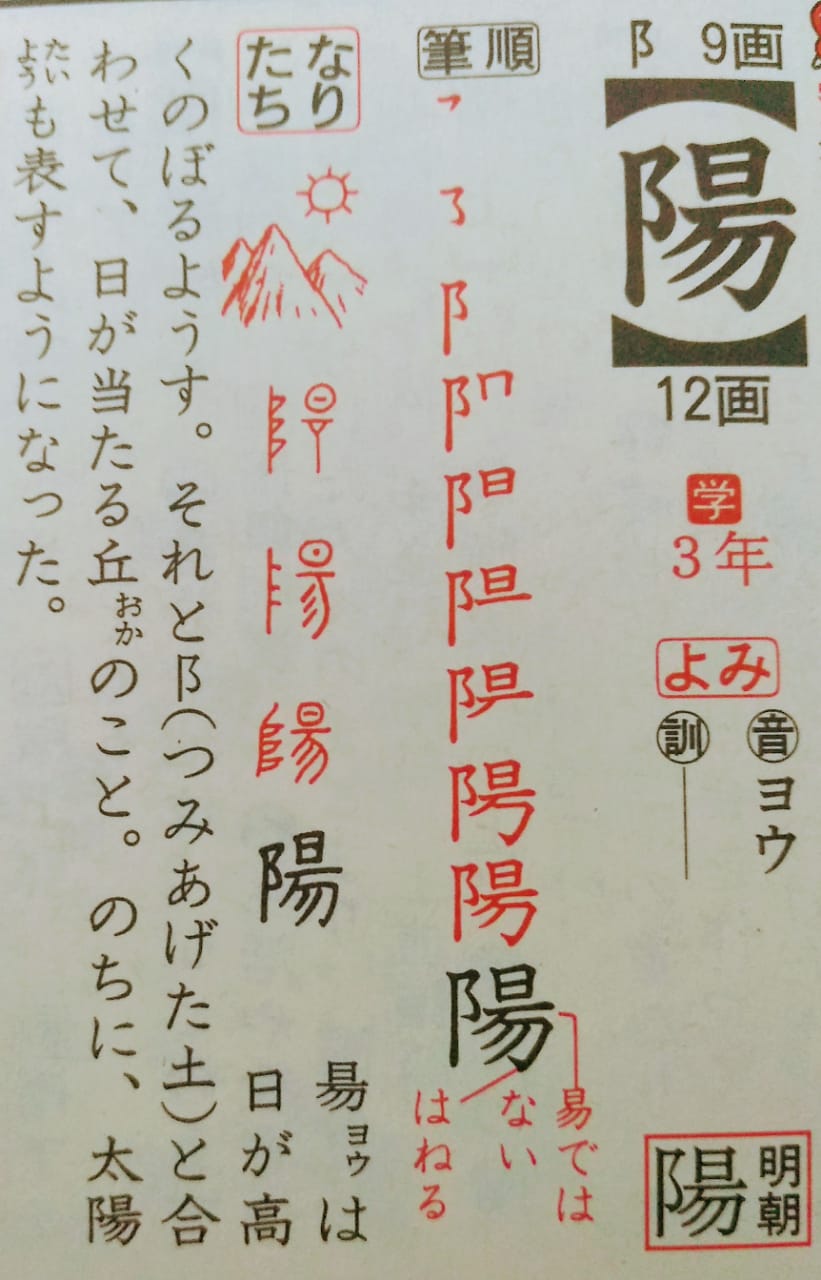Actually, it's not unusual to find different forms of the same word in ancient languages. We see this all the time in Ancient Greek, as well as Chinese and Japanese. But as we go back in the language history we see that even if the uses are the same now, they used to be quite different from each other.
The Japanese dictionary 広辞苑(こうじえん)says that 陽 used to be one of the elementary fundaments of divinatory skills, representing an active and masculine symbol, after becoming a reference for "the direction of the sun". The 小学館の漢字辞典(しょうがくかんのかんじじてん)Shogakukan kanji dictionary also states the etymological trace from the sun's elevation as well as the hill hit by its light.
Maybe that's why when nowadays speakers says "sun" with 陽 they usually say 太陽, to specify the 陽。
So, both 日 and 陽 means "sun". The first, more ancient, means: day, daylight, day time, day counting, the sun itself, sunlight...
The second means: sun, sunlight, sun's direction, sun's elevation, place lighted by the sun...
One should be acquainted to when each one sounds more natural.

